Contributing writer for Health Lab.


Health Lab
Two doses of allergen-encapsulating nanoparticles delivered intravenously prevented anaphylaxis during a food allergy test in mice, according to new research.
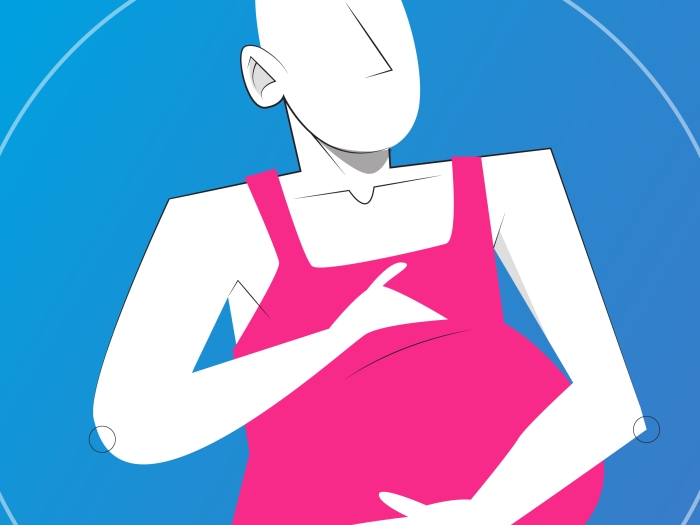
Health Lab
A Michigan Medicine-led study found that transgender individuals show similar rates of severe parental morbidity and preterm birth and lower rates of cesarean delivery when compared to cisgender people.
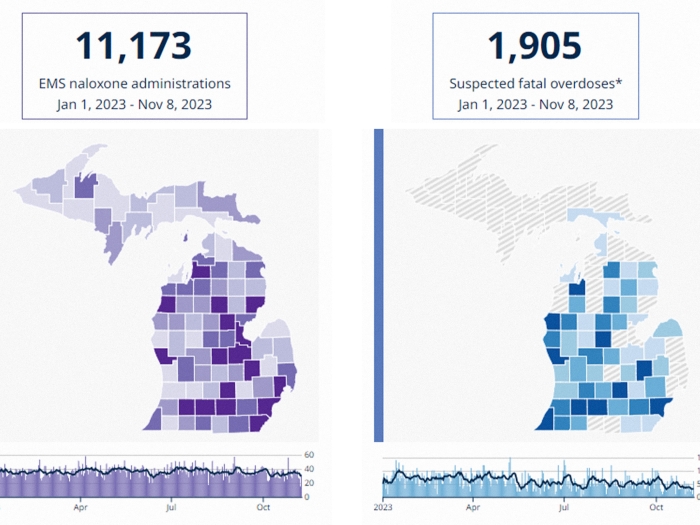
Health Lab
To improve coordinated community response to opioid overdoses, University of Michigan researchers are placing near-real time data in the hands of public health and safety officers. The Michigan System for Opioid Overdose Surveillance, was created in 2016 in response to the opioid crisis through a partnership between the University of Michigan Injury Prevention Center and the Michigan High Intensity Drug Trafficking Areas.

Health Lab
Two Michigan Medicine doctors share 8 ways older adults can combat loneliness and social isolation.
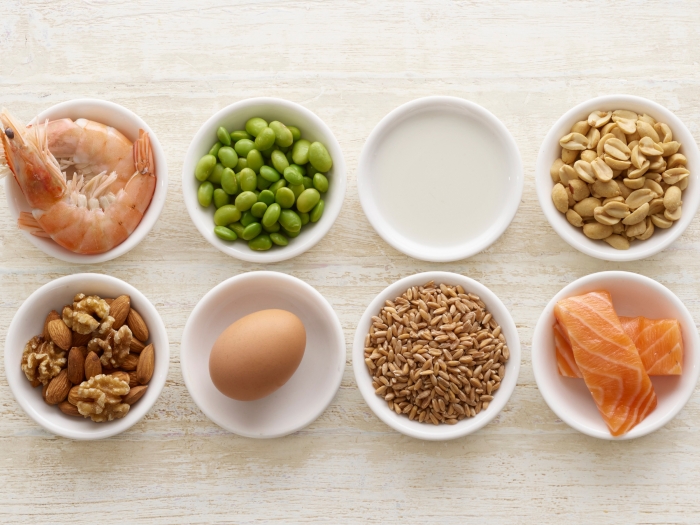
Health Lab
Measuring skin water loss during food allergy tests may help predict anaphylaxis and keep patients safe. The method aims to detect the life threatening reaction before epinephrine injections are necessary

Health Lab
The current IVF recommendation is for transgender patients to stop taking gender-affirming hormones before the procedure, which can be costly and life changing. Now, a team of researchers are diving in further to investigate what the best recommendations should be based on more evidence.
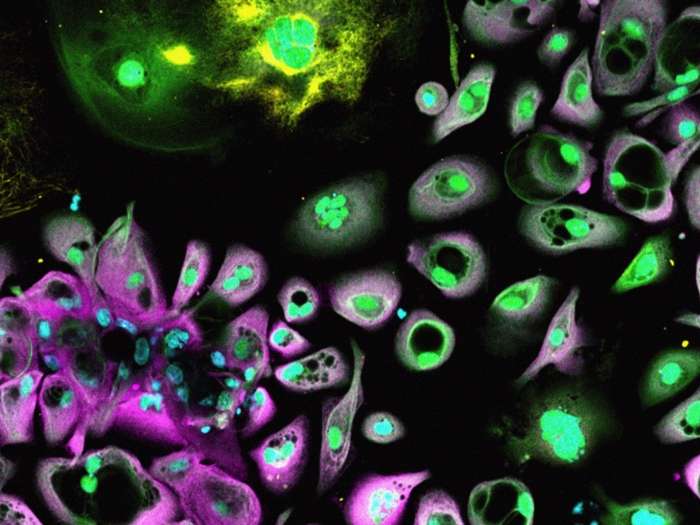
Health Lab
A University of Michigan-led study provided evidence of the efficacy of a new drug-induced liver injury screening platform using human liver organoids, or tiny 3D models of organs developed from patients’ stem cells that grow in petri dishes.
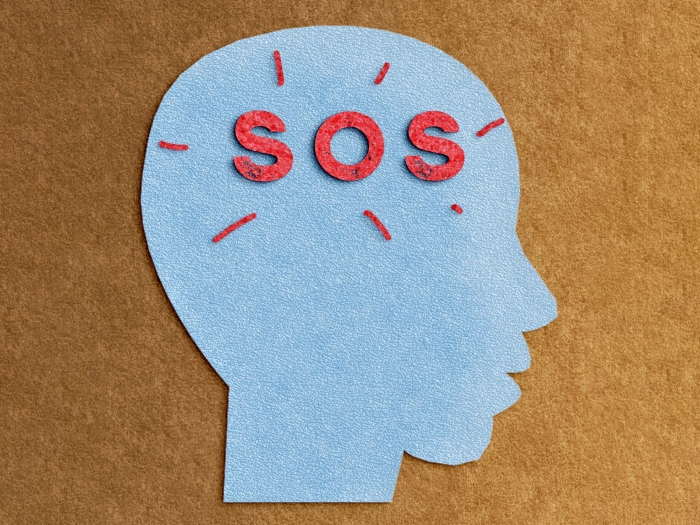
Health Lab
When it comes to seizure first aid for students with epilepsy, it's essential for school staff to be prepared. Learn the signs of a seizure and what actions you can take to provide immediate assistance.
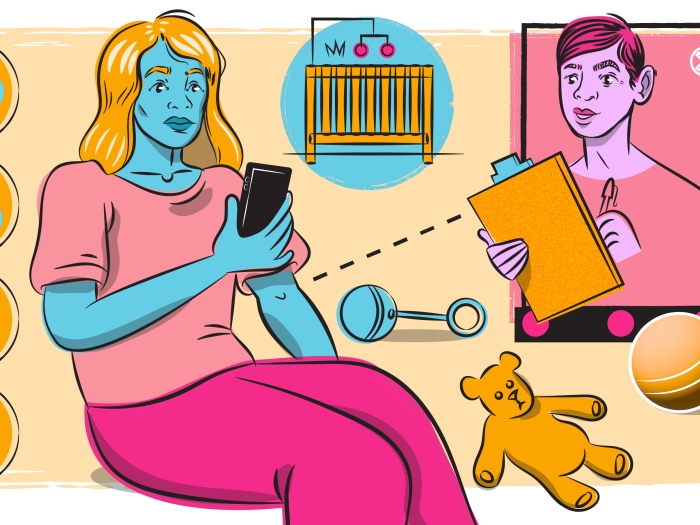
Health Lab
The fast-acting postpartum pill offers more convenience than the postpartum depression infusion treatment, brexanolone (branded Zulresso), which has been available since 2019, but cost concerns remain. As with all mental health medications, zuranolone should be paired with psychosocial treatment to treat all factors contributing to the disease.
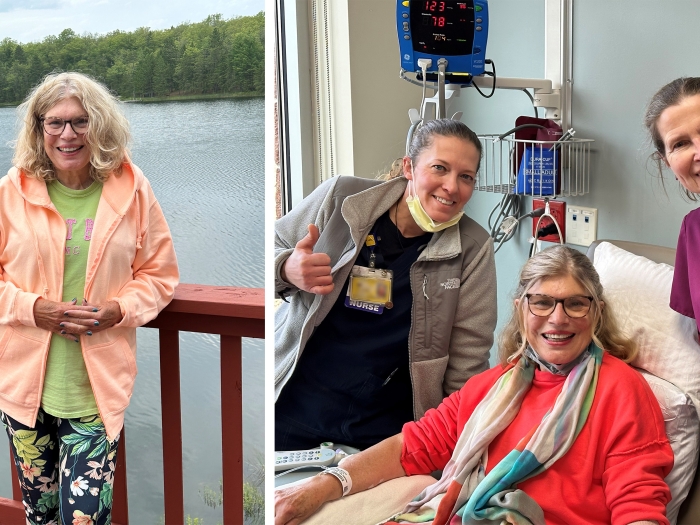
Health Lab
A Michigan Medicine expert describes immunotherapy as “the future of cancer treatment” for those who qualify.
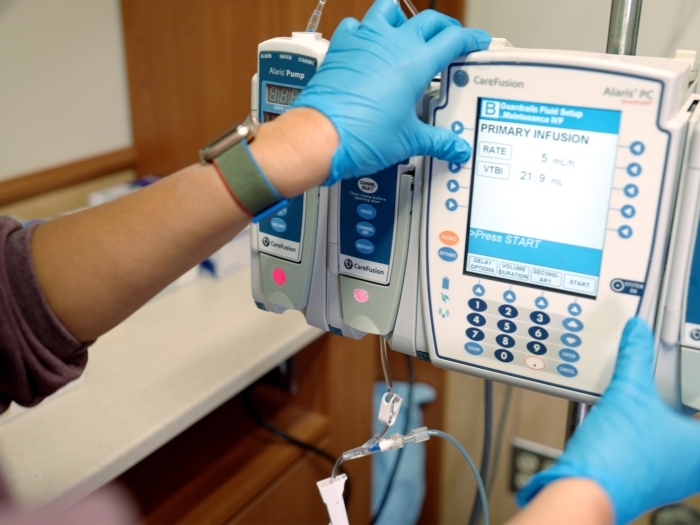
Health Lab
Cancer survivors who received treatment at the University of Michigan Health Rogel Cancer Center and infusion nurses demystify the experience by providing 10 helpful things to know ahead of time.

Health Lab
Michigan Medicine research tracks academic trajectories of late preterm infants from infancy to kindergarten and identifies developmental risks and how to best promote resilience
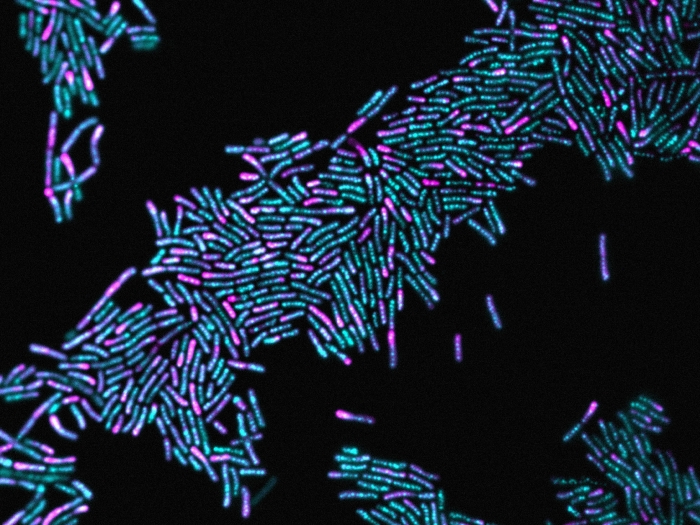
Health Lab
The University of Michigan researchers found some bacteria ship cellular cargo by “surfing” along proteins called ParA/MinD ATPases

Health Lab
Medical students who reported a disability to their school increased by more than 25% during the COVID-19 pandemic, a study shows.
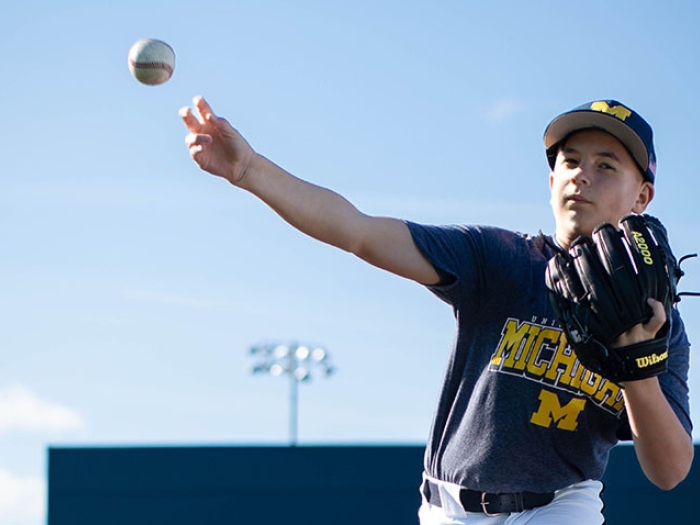
Health Lab
Michigan Medicine experts explain common throwing sport injuries as well as how to best treat them.